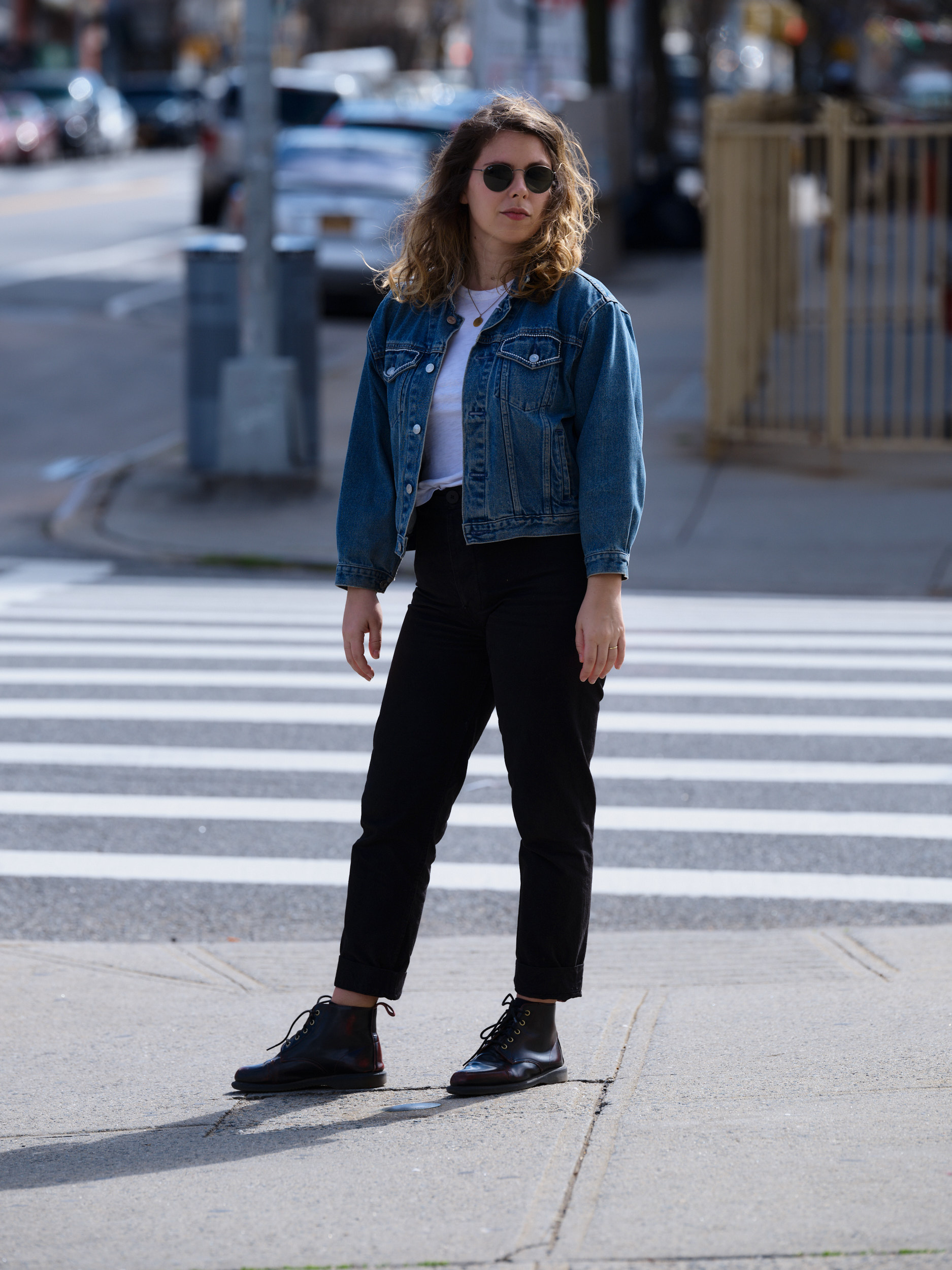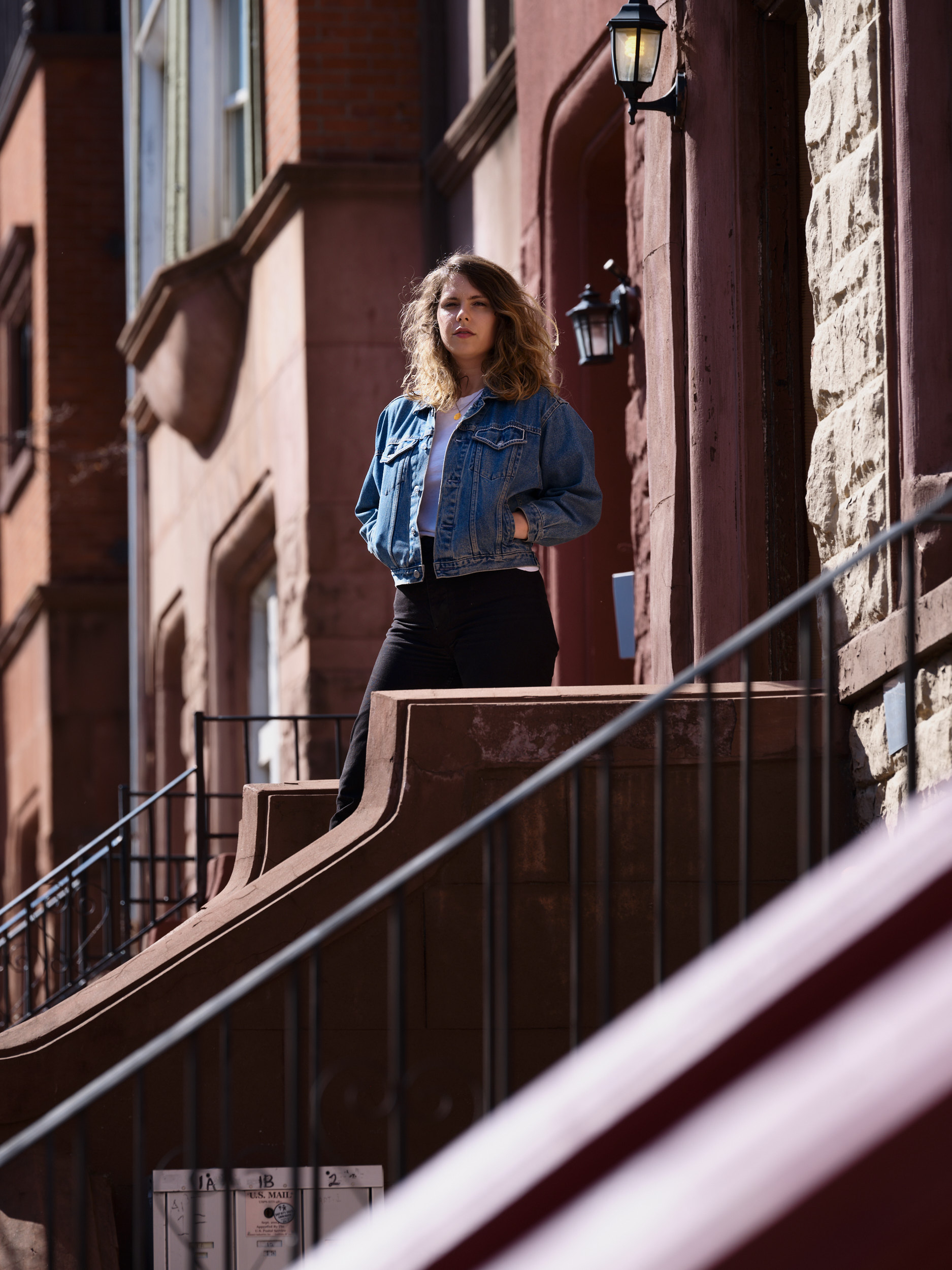 |
| Emily Temple |
EMILY TEMPLE COMES OF AGE WITH THE RELEASE OF HER NEW NOVEL THE LIGHTNESS
By Lauren Joseph
Photography Simon Keough
Published June 17, 2020
Early in Emily Temple’s debut novel The Lightness, her protagonist admits to a predilection for excess. “I am a person of binges,” says Olivia. “I have never understood the phrase ‘too much of a good thing.’” Although such anti-moderation might seem at odds with organized religion, it sets the 16-year-old character on a journey to find her absentee father, a dentist-turned-devout-Buddhist who disappeared after a stint at a mysterious retreat. Temple, who grew up in Syracuse, New York, and whose own father is a Buddhist in the Shambala tradition, modeled her fictional retreat center on one she visited as a child. Her interest in Buddhism continued into her college years, before waning in her early twenties. “I was just disappointed in it,” Temple, now 33, says. “I felt like the other people were there for self-help.” Her dad, who studied under the same guru as Allen Ginsberg, is the only one in the family who still practices.
Buddhism aside, Temple’s most profound insights come from her rendering of the awkward, often painful, and sometimes darkly comical years between childhood and womanhood—especially when Olivia befriends a group of “slick-finish girls, cat-eye girls, hot-blood girls” who come alive to their own sexuality and the dangers of the world around them. “As a teenager, everyone is grasping to feel a certain way,” Temple says, “not just to look a certain way—to feel like you are what you’re supposed to be.”
 |
| Emily Temple |
Temple began writing The Lightness during her MFA program at the University of Virginia, and worked and reworked the material while living in Brooklyn and serving as the senior editor of the popular website Literary Hub. Authors such as Donna Tartt and Mary Karr became inspirations for building a sense of sexual tension and family conflict. Karr is a particular idol; Temple recalls seeing her around Syracuse as a kid, which somehow made the abstract idea of becoming a writer seem like a dream within reach. Although she can now officially call herself a novelist, the designation still strikes her as somewhat alien. “I still think, ‘Well, I’m not Nabokov,’” she says. “I spent the last decade writing listicles for the internet.”
INTERVIEW MAGAZINE


No comments:
Post a Comment